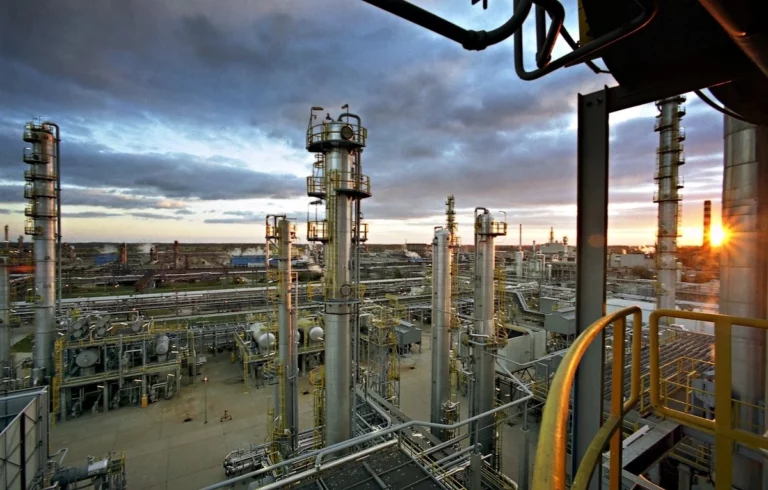natural gas
Hungary-Slovenia gas interconnector to be constructed

Hungarian company acquires a massive German project

Hungary gas reserves at 4.5 bn cubic metres

Government: Hungarian families have the cheapest gas in Europe

Hungarian FM: TürkStream deliveries resume after maintenance

The Hungarian state does not want to give up Russian oil – here is why

Hungarian opposition to file lawsuit demanding Russian gas contract details

Hungary fully supports Moldova’s EU integration

Brussels: Hungarian MOL may acquire Slovenian oil company

Hungary, Serbia to build new oil pipeline link

Hungary, Serbia preparing to build new oil pipeline

Ukraine says Hungary is contributing to Russian war crimes with energy deals

Romania supplies gas to Hungary

Hungarian green party slams the government

Eternal friendship: Hungary and Poland go against the EU together

Hungary started to replace Russian gas and could go even further

Could sanctions cause problems for Hungarian MOL’s gas supply?

All countries reduce, Hungary increases dependence on Russia





 ZH
ZH IT
IT DE
DE HR
HR NL
NL FR
FR JA
JA RO
RO RU
RU ES
ES TR
TR
